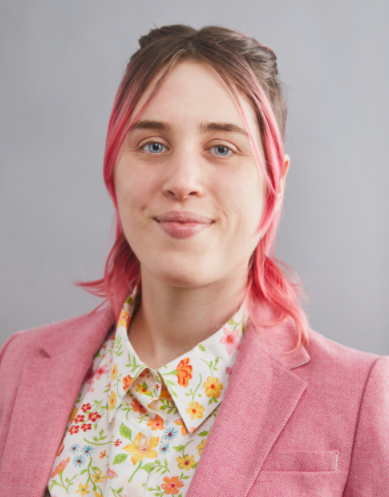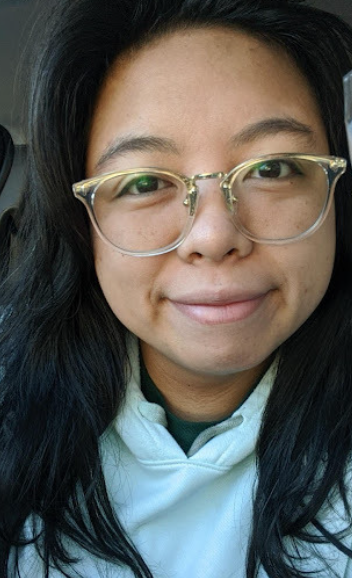
Where do you work and who are your clients?
I am the founder and sole music therapist of a private practice called Your Song Music Therapy, LLC. I live and work in the city of Chicago on the southside in the Bridgeport neighborhood. I have an office location in the Pilsen neighborhood, and I also provide in-home sessions in downtown Chicago. The majority of music therapy work I do is focused on mental health. My clients range from children to adults with various needs, and most of my clientele are adults who have always loved music and are seeking out a creative outlet to support their mental wellness.
What is your favorite part of your profession?
My favorite thing about being a music therapist is the flexibility we have in our work to meet the needs of our clients in the moment with music. I love that our practices don’t have to be standardized and that we are able to be creative in finding ways to support our clients that can include any genre of music and any use of music! I also love that music interventions can have an immediate effect on our clients- while we see progress happen over longer periods of time, we can also often see immediate responses to our interventions, because music truly is a powerful force! My favorite thing about having my own private practice is the freedom to create the life I want to live.
What inspired you to become a music therapist?
I feel so lucky to say that music therapy found me- I just happened to be attending Eastern Michigan University (one of only 2 MT programs in the state of Michigan) because my viola teacher had sent me there for their school of music. My freshman roommate as well as some other friends were in the MT program. I had never heard of MT before as I am from a really rural and isolated area where there are not many music therapists even in the region, but I knew I wanted to have a music career that was not in music education. I took the intro class at EMU and knew right away that it would be a perfect fit for me! I love getting to use music every day, and I love being able to support people of all backgrounds through this profession.

